Earth
Sign up for our newsletter
We summarize the week's scientific breakthroughs every Thursday.
-
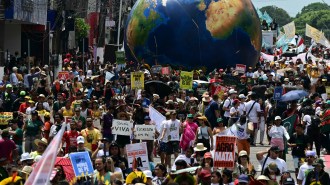 Climate
ClimateHere are 3 big ideas to combat climate change, with or without COP
As action from the U.N.’s huge COP30 international meeting falls short, smaller groups are banding together to find ways to fight climate change.
By Meghie Rodrigues and Carolyn Gramling -
 Oceans
OceansCombining western science with Indigenous knowledge could help the Arctic
Polar marine ecologist Marianne Falardeau investigates how Arctic ecosystems are shifting under climate change.
By Nikk Ogasa -
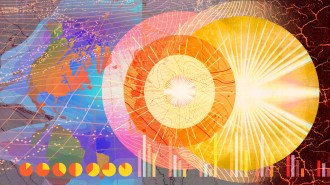 Climate
ClimateLife-saving research on extreme heat comes under fire
The Trump administration’s cuts to heat research come at a time when climate change is making extreme heat waves more common and intense.
By Nikk Ogasa -
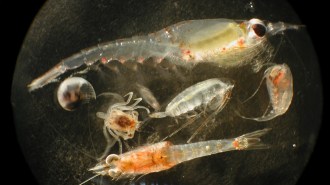 Oceans
OceansDeep-sea mining might feed plankton a diet of junk food
An analysis of mining plumes in the Pacific Ocean reveals they kick up particles sized similarly to the more nutritious tidbits that plankton eat.
- Animals
This fly’s flesh-eating maggot is making a comeback. Here’s what to know
After a decades-long hiatus, new world screwworm populations have surged in Central America and Mexico — and are inching northward.
By Carly Kay -
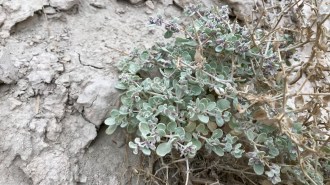 Plants
PlantsA special shape shift helps a shrub thrive in blistering heat
A microscope reveals an algae-like adaptation that might future-proof crop photosynthesis in extreme heat.
-
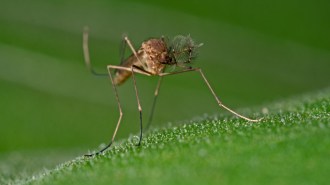 Animals
AnimalsMosquitoes infiltrated Iceland. Will they survive the winter?
Mosquitoes have reached Iceland, a place once thought too harsh for them to survive. Climate change may play a role in this shift.
- Animals
Deep Antarctic waters hold geometric communities of fish nests
Scientists found thousands of patterned fish nests in Antarctica’s Weddell Sea, boosting calls for marine protected areas.
By Carly Kay - Climate
Hurricane Melissa spins into a monster storm as it bears down on Jamaica
The story of Atlantic hurricanes is treading a familiar — and frightening — path: Climate change is fueling huge, slow-moving, rain-drenching storms.
-
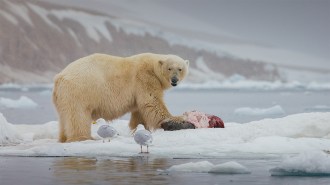 Animals
AnimalsPolar bears provide millions of kilograms of food for other Arctic species
A new study shows how much food polar bears leave behind — and how their decline threatens scavengers across the Arctic.
-
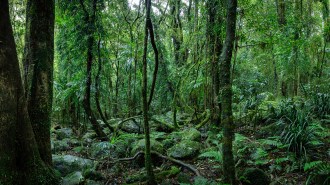 Climate
ClimateAustralia’s tropical forests now emit CO₂, clouding the COP30 talks
These tropical forest CO₂ emissions may warn of similar shifts in other regions, a key topic for COP30 climate talks in Brazil.
-
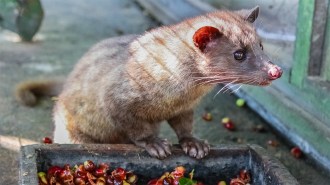 Chemistry
ChemistryCoffee beans pooped out by civets really are tastier. Here’s why
Pricey civet coffee gets its cred from its journey through the mammal’s gut, which changes the content of fat, protein, fatty acids — and even caffeine.